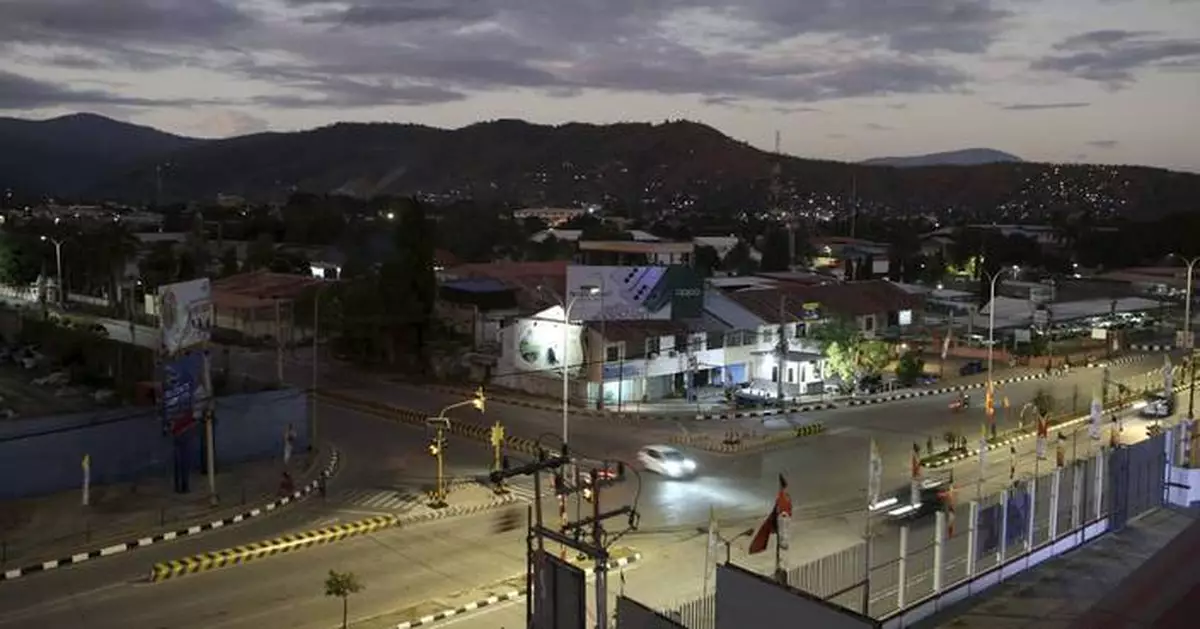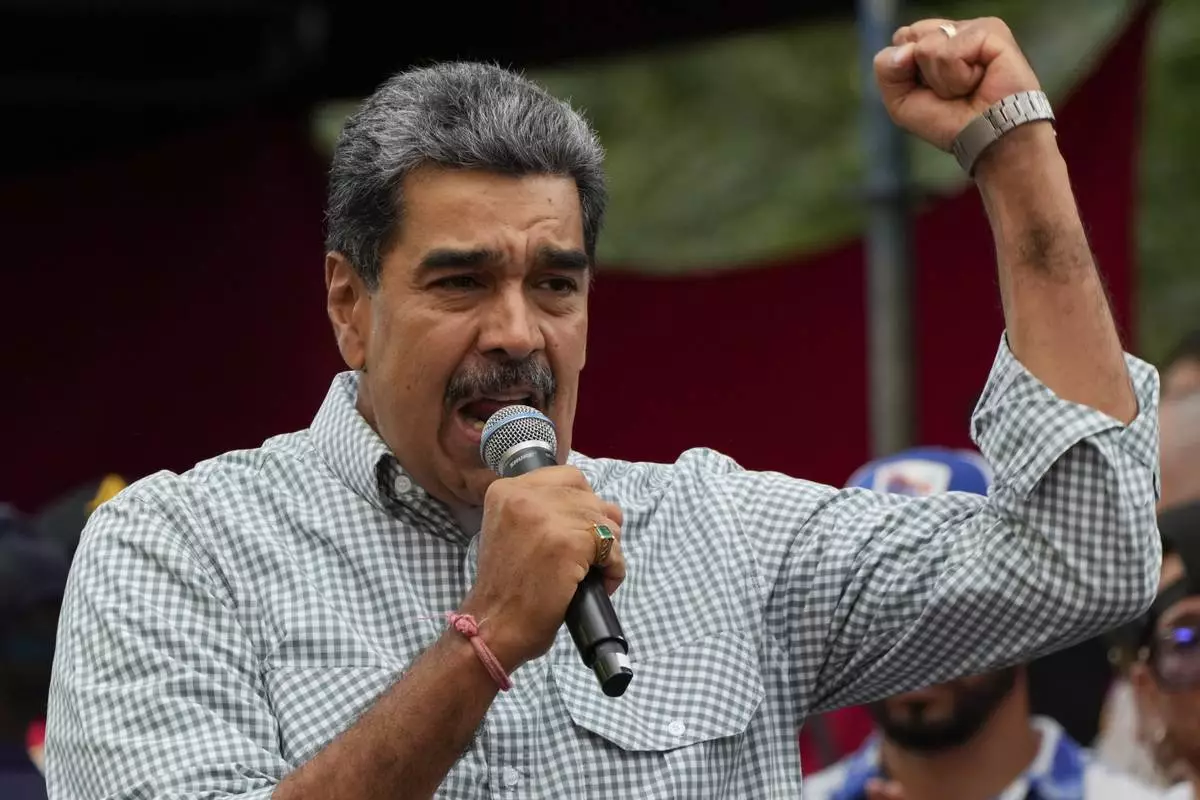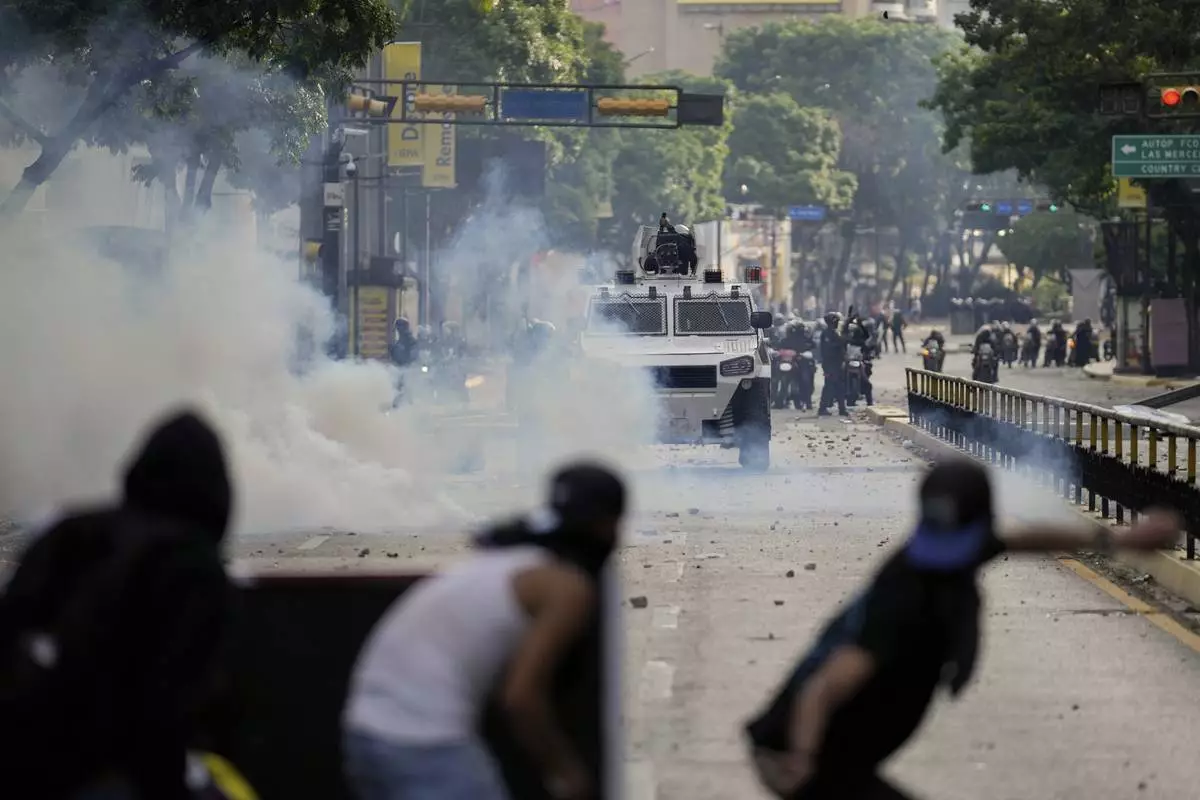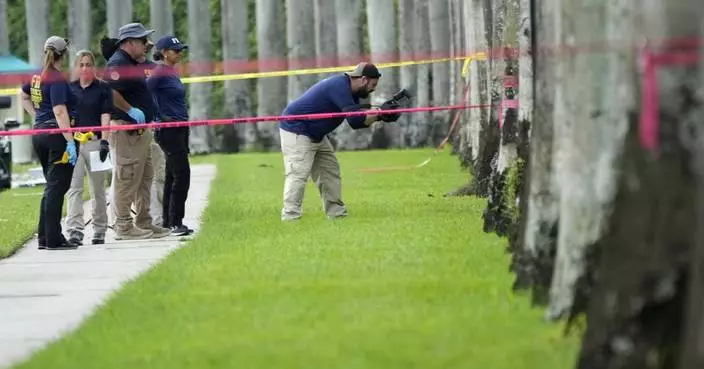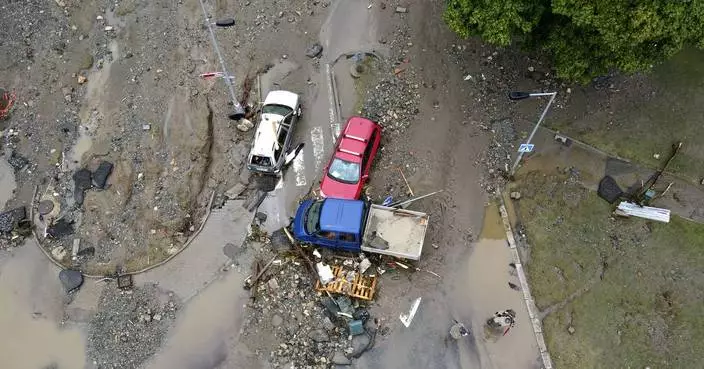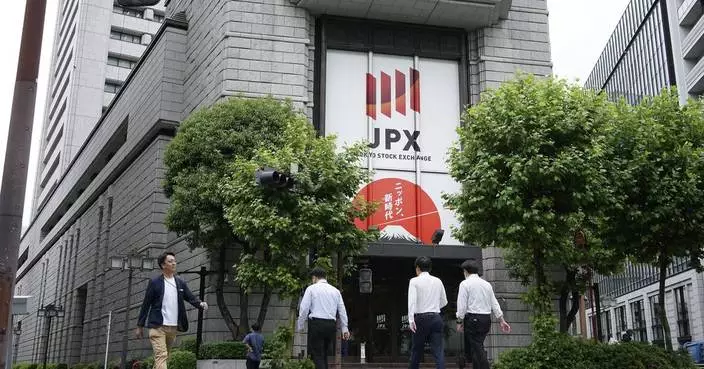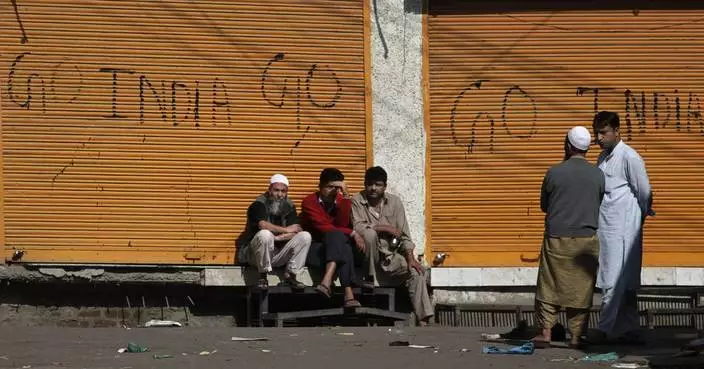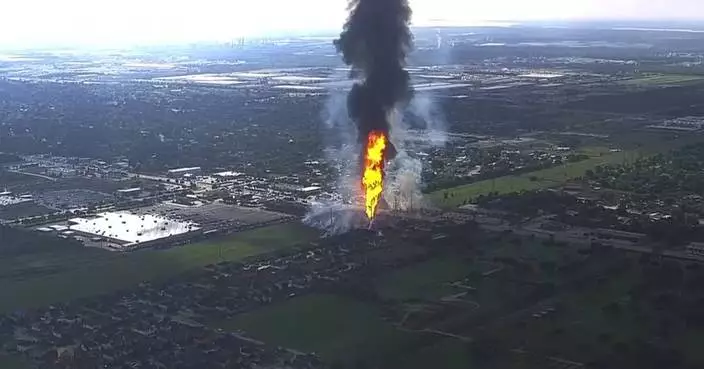JAKARTA, Indonesia (AP) — East Timor is at an energy development crossroads.
While the small Southeast Asian nation — and one of the world's youngest countries — has made international and domestic pledges to reduce its carbon footprint through untapped solar and other renewable energy potential, it faces a looming economic crisis as the gas fields its economy depends on near depletion, hampering its ability to pay for the high cost of transitioning its energy sector.
Access to electricity is a modern development for many of East Timor's 1.3 million people, after much of the country's infrastructure was razed by Indonesian forces during the war for independence. Recovery was slow after East Timor gained formal independence in 2002. By 2015, just 60% of the population had access to electricity, according to the World Bank.
Efforts to electrify the country have jumped since then, with 100% of residents having access to electricity since 2021, according to the International Renewable Energy Agency. Experts said that transmission issues remain, resulting in regular blackouts.
The country's electricity is generated from heavily polluting diesel oil-powered plants, with small diesel-fired generators serving as a main alternative power source in remote areas, according to Tony Heynen, a coordinator in the University of Queensland's Sustainable Energy postgraduate program in Australia.
East Timor has made domestic and international commitments to scale up its share of renewable energy generation. In 2016, it was one of nearly 200 countries that signed the United Nations' Paris Agreement. Its state-owned electric company, Eletricidade de Timor-Leste, updated its strategic development plan to switch from diesel to gas for fuel, while aiming for renewables to provide up to 50% of the country's energy mix by 2030.
Renewable energy potential is strong in East Timor, according to the Asian Development Bank, with almost the entire territory having the potential to successfully generate solar energy. Other renewable sources include hydropower, wind and biofuel.
The development of renewable energy would help the country diversify its economy and bolster its agricultural sector, according to Charles Scheiner, a researcher with the East Timor nongovernmental organization La’o Hamutuk. Seventy percent of families rely on farming for their livelihoods, according to a report by the World Bank and ADB.
“Dependable energy, including electricity, would greatly improve people’s daily lives," Scheiner wrote in an email to The Associated Press.
“Renewable, decentralized sources are the most consistently reliable way to provide it," he said, noting the potential to develop smaller solar grids or homes with individual solar panels around the country.
But transitioning energy production and/or building new energy sources are expensive, and East Timor faces severe financial challenges as the gas fields that provide a majority of its gross domestic product near depletion, said Michael Leach, a professor at the Swinburne University of Technology in Australia.
“There’s a concern that by around 2035, (the government) will run out of money at the rate they’re spending it at the moment,” Leach said.
East Timor's current power plants, which were built with large investments from the government in recent decades, can also produce far more electricity than the country demands, lowering the imperative for the country to switch systems, Heynen said.
Still, East Timor's government has expressed interest in transitioning its energy sector. In 2020, it hired energy consultants to conduct a feasibility study for supplying natural gas to the three power plants. In 2021, it announced tendering for solar parks and a feasibility study for hydropower schemes.
But the findings have not been implemented, Scheiner said.
East Timor President José Ramos-Horta told The Associated Press in an interview in Dili last week that his country is interested in exploring various types of renewable energy sources, including wind, sea and especially solar power.
“We have plenty of sun,” he said, adding that the cost of solar technology continues to fall.
“So far, we’re still in the infancy of renewable” energy development, he said. “For us, moving towards renewables or solar in 10, 20 years from now is (an) even better option because by then, the technology will be so much more reliable and so much cheaper.”
AP requests for interviews sent to EDTL Empresa Publica, the minister of planning and strategic investment, and the secretary of state for electricity, water and sanitation all went unanswered.
Ramos-Horta has also called on the international community to support the country's energy transition, citing its vulnerability to climate change.
Adam Schreck contributed reporting from Dili, East Timor.
The Associated Press’ climate and environmental coverage receives financial support from multiple private foundations. AP is solely responsible for all content. Find AP’s standards for working with philanthropies, a list of supporters and funded coverage areas at AP.org.
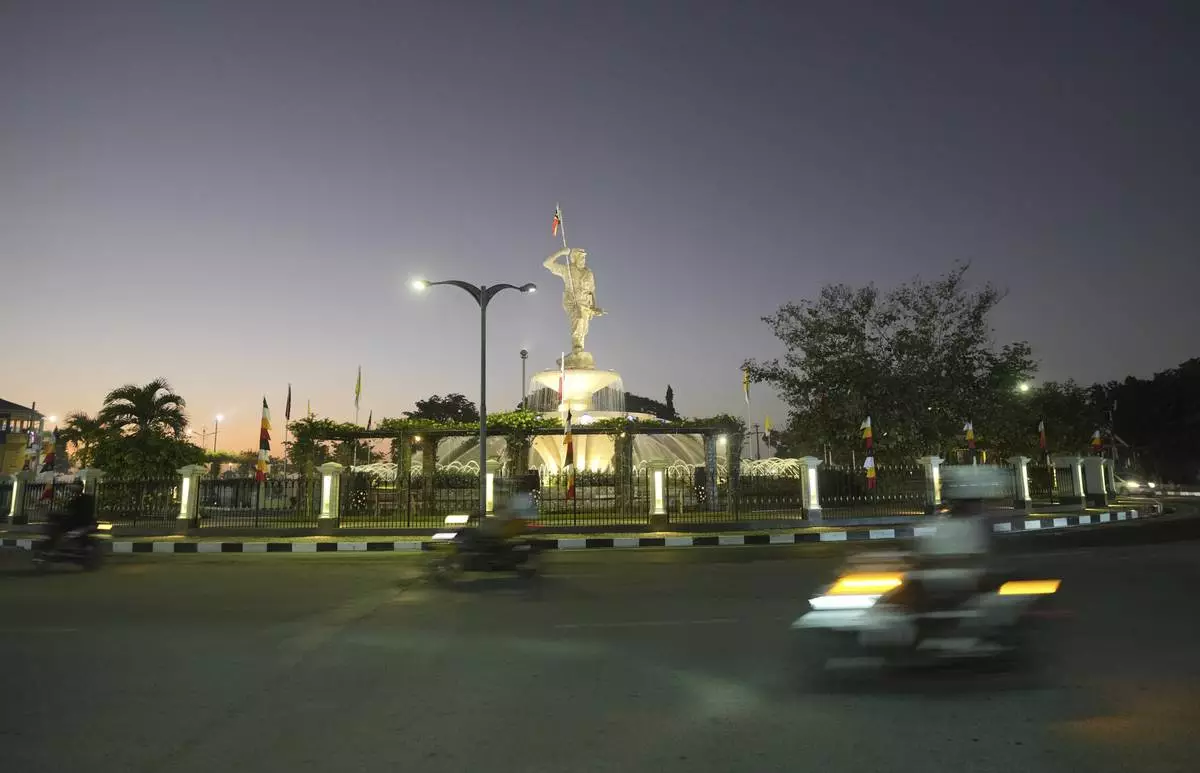
Streetlights are seen at sunset in Dili, East Timor Sunday, Sept. 8, 2024. (AP Photo/Firdia Lisnawati)
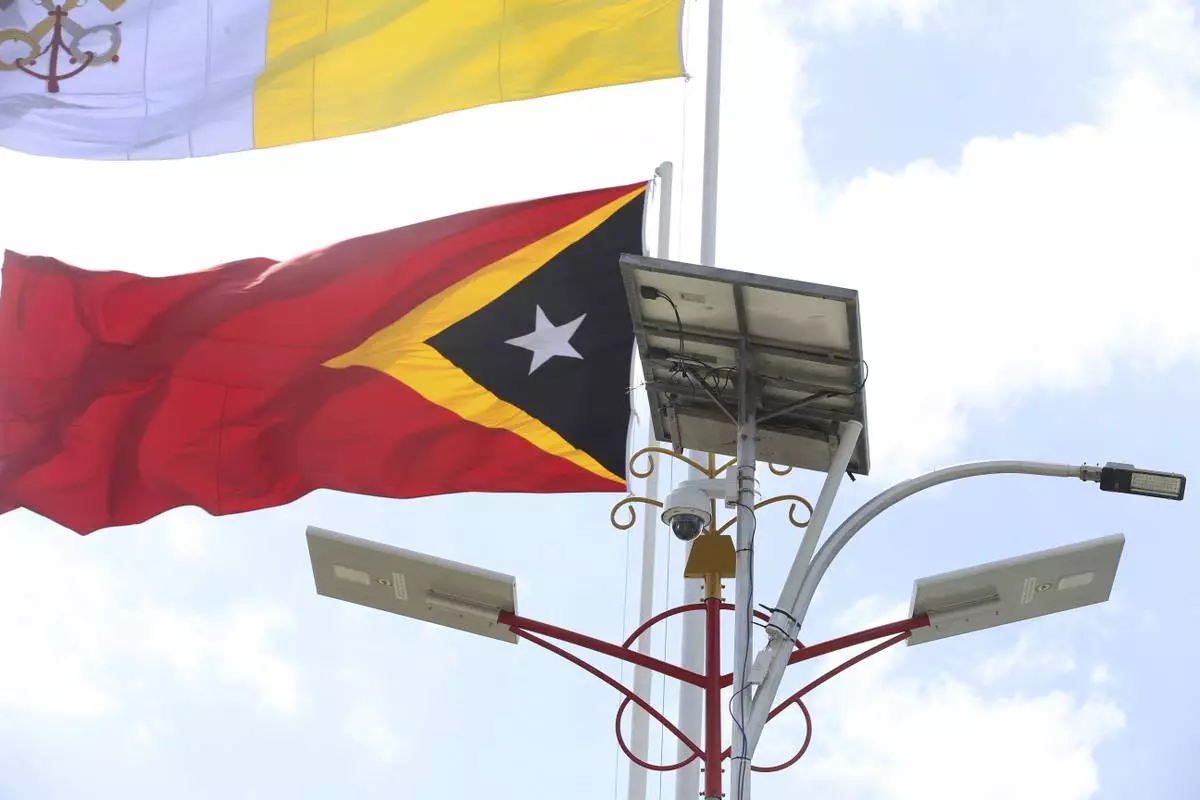
A solar panel is seen next to an East Timor national flag in Dili, East Timor, Friday, Sept. 6, 2024. (AP Photo/Firdia Lisnawati)
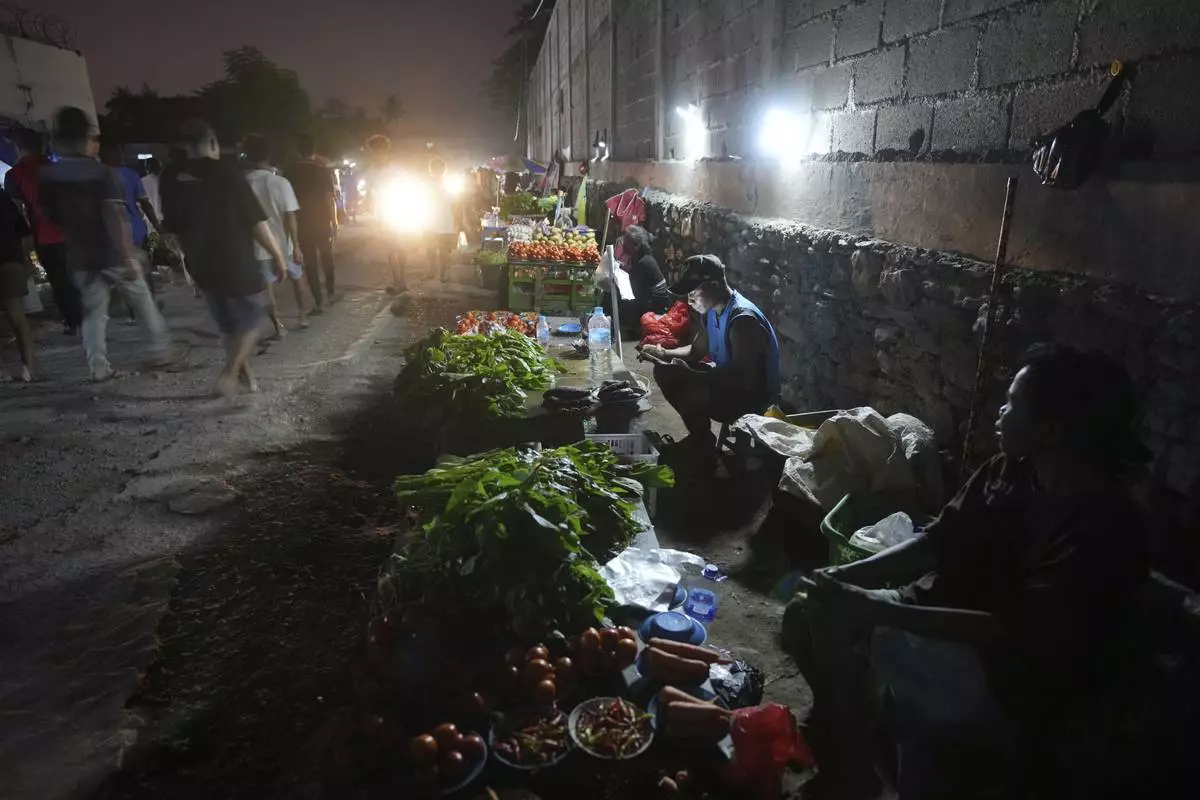
Vendors sell vegetables with battery supported lights at a market in Dili, East Timor Sunday, Sept. 8, 2024. (AP Photo/Firdia Lisnawati)
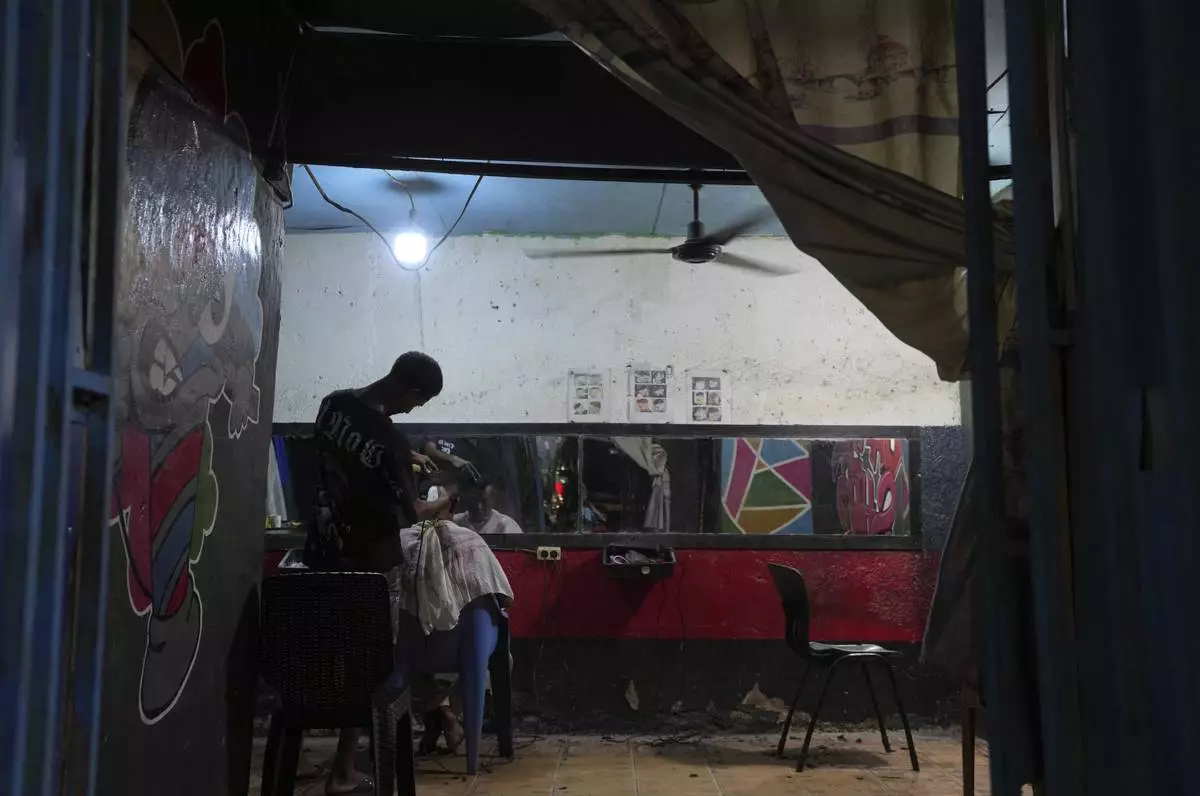
A barber gives a haircut in Dili, East Timor, Sunday, Sept. 8, 2024. (AP Photo/Firdia Lisnawati)
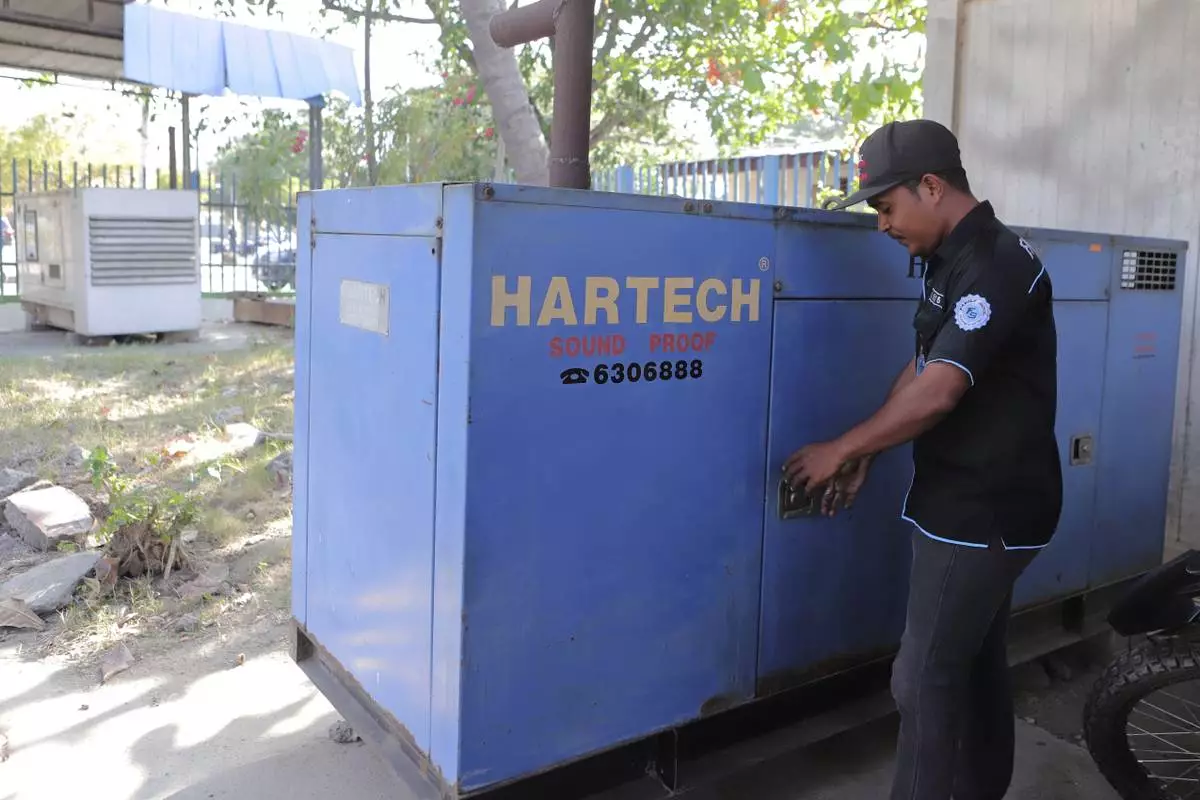
A man stands next to a generator at an office in Dili, East Timor, Friday, Sept. 6, 2024. (AP Photo/Firdia Lisnawati)
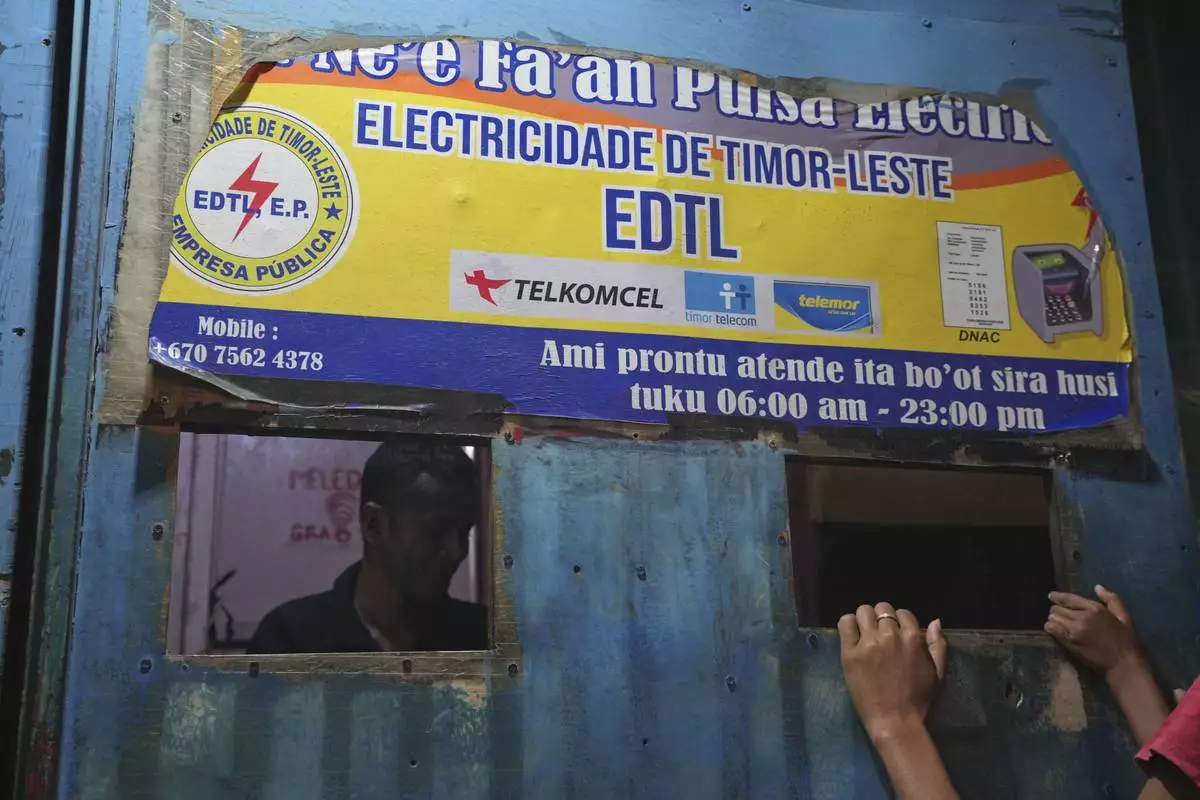
A man sells electricity credit at a shop in Dili, East Timor Sunday, Sept. 8, 2024. (AP Photo/Firdia Lisnawati)
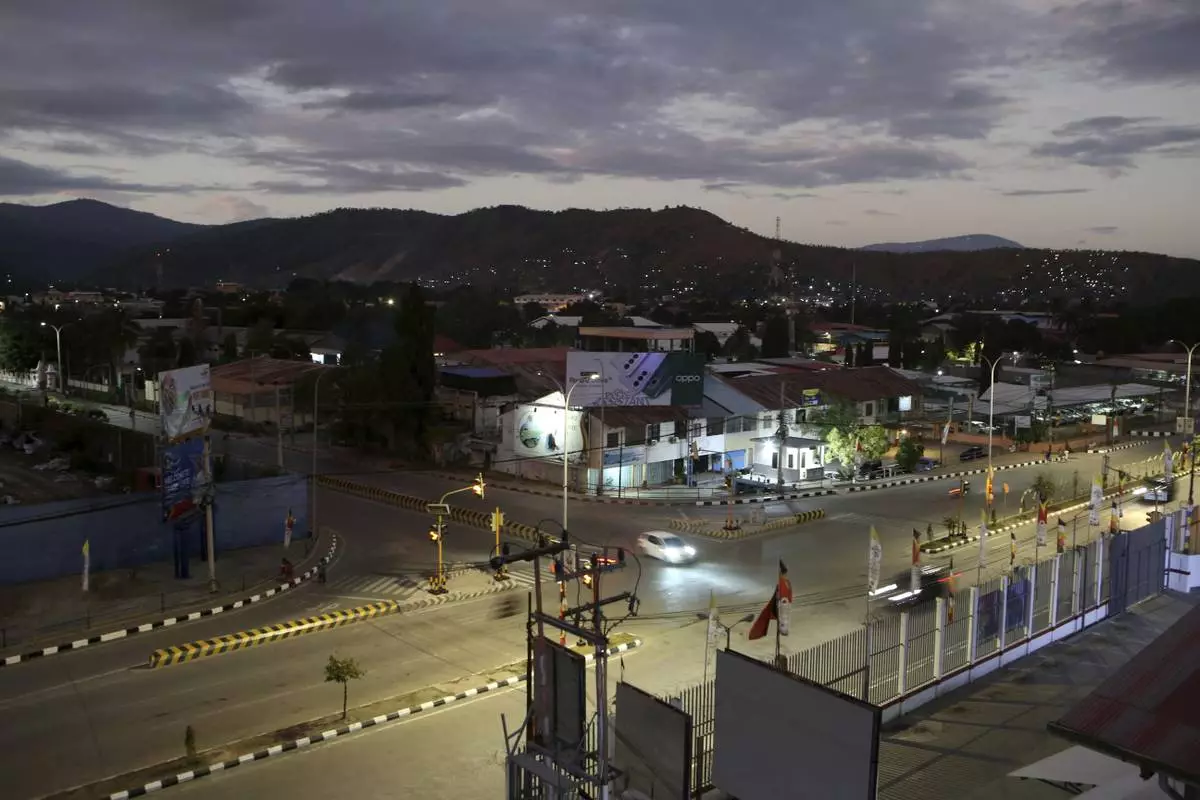
A street light is seen during a sunrise in Dili, East Timor Sunday, Sept. 8, 2024. (AP Photo/Firdia Lisnawati)


